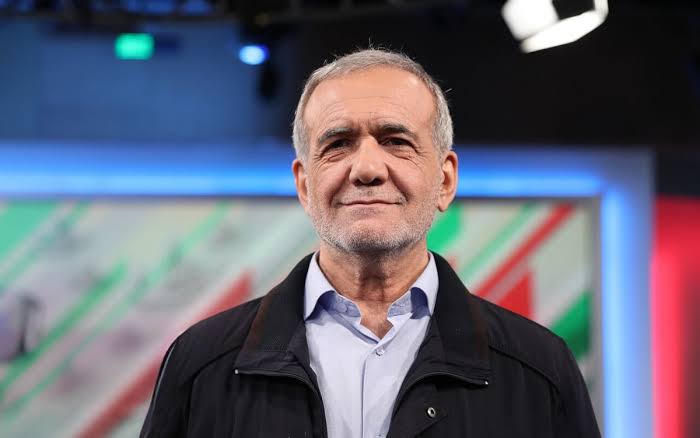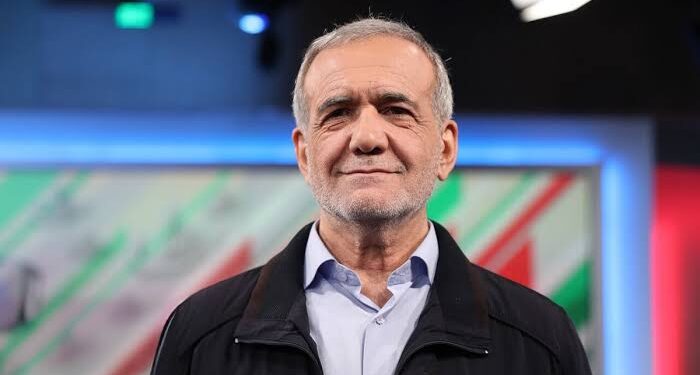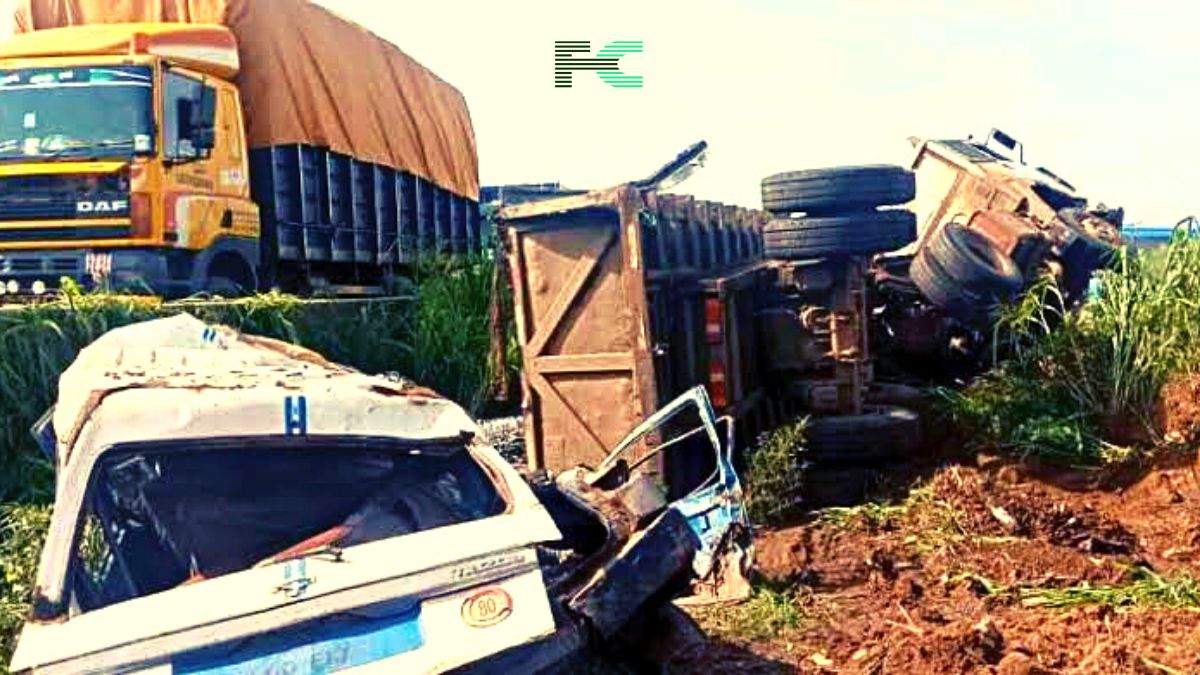Masoud Pezeshkian, Iran’s new president, began a visit to Iraq on Wednesday, hoping to strengthen already strong ties with the neighbouring country on his first trip overseas since assuming office.
The three-day trip comes amid Middle East turbulence caused by the Gaza war, which has drawn in Iran-backed armed groups from across the region and hampered Iraq’s relations with the US.
“Prime Minister Mohammed Shia al-Sudani welcomes the president of the Islamic Republic of Iran, Masoud Pezeshkian,” the Iraqi premier’s office announced in a brief statement, accompanied by a photo of the two men shaking hands on the tarmac at Baghdad airport.
In an effort to lessen Iran’s economic suffering and lessen the country’s diplomatic isolation, Pezeshkian has pledged to give importance to his connections with neighbouring nations.
His visit coincides with the imposition of new sanctions by Western nations on Iran on Tuesday for providing Russia with short-range missiles to be used against Ukraine.
Britain, France, and Germany have been forewarned by Iranian Foreign Ministry Spokesman Nasser Kanani that they “will face the appropriate and proportionate action” for the “hostile” decision.

According to Iraqi security officials, an explosion rattled an airport base used by a coalition led by the United States against terrorism just hours before Pezeshkian arrived.
A spokeswoman for the Iranian-backed Hezbollah Brigades in Iraq stated that Tuesday night’s “attack” was intended to “disrupt the Iranian president’s visit”. Iran and Iraq, both Shiite-majority countries, have grown closer since the US-led invasion of Iraq in 2003, which deposed Sunni ruler Saddam Hussein.
“Iraq is one of our friends, brothers, and Muslim countries,” Pezeshkian stated before leaving Iran, according to video broadcast on Iranian official television.
“And for this reason, we will go to this country as the first trip,” according to him.
Pezeshkian, who assumed power in July after an early election due to the death of his predecessor Ebrahim Raisi in a helicopter crash, has previously connected strengthening relations to sanctions pressure.
“Relations with neighbouring countries… can neutralise a significant amount of pressure of the sanctions,” he stated a month prior. Iran has faced severe Western sanctions for years, particularly since its arch-foe, the United States, unilaterally abandoned a historic nuclear deal between the Islamic Republic and key nations in 2018.
As part of his push for a more open Iran, Pezeshkian appointed Mohammad Javad Zarif, the top diplomat who negotiated the 2015 agreement, as his vice president for strategic affairs.
Important trading partners Iran is now one of Iraq’s main trading partners and has significant political clout in Baghdad, where the current government and parliament are dominated by its Iraqi friends.
Pezeshkian will also pay homage to the shrines at Najaf and Karbala, Iraq, which are visited by millions of Iranian pilgrims each year.
According to Iranian media, the value of non-oil commerce between Iran and Iraq in the five months starting in March 2024 was close to $5 billion.
Additionally, Iran supplies daily millions of cubic meters of gas to Iraq to power its power plants, all while the US sanctions are routinely lifted. Iraq is thirty percent short of its electrical demands and owes billions of dollars in arrears for the imports.
According to political scientist Ali al-Baidar, one of Pezeshkian’s primary objectives during his tour was to strengthen trade ties.
“Iran needs the Iraqi market for its exports, just as it needs Iraq’s energy imports,” the Iraqi analyst explained.
Washington still has some 2,500 troops in Iraq and 900 in adjacent Syria as part of a multinational coalition fighting the Islamic State jihadist group.
Last winter, US-led coalition forces in Iraq and Syria were targeted dozens of times with drones and rocket fire as turmoil related to the Israel-Hamas conflict in Gaza drew in Iran-backed armed groups around the Middle East.
The US launched counterattacks by air in both nations in response to the onslaught of attacks.
Iraq’s Defence Minister Thabet al-Abbassi announced on Sunday to Al-Hadath, a pan-Arab television channel, that the coalition led by the United States would leave most of Iraq by September 2025, and the Kurdish autonomous area by September 2026.
In Essence
Iran views Iraq as a critical partner, especially under the weight of sanctions.
Iraq is one of Iran’s largest trading partners, with trade exceeding $5 billion in the first five months of 2024.
Iraq also relies heavily on Iranian gas to meet its energy demands. Pezeshkian’s visit highlights efforts to solidify this economic interdependence, particularly in the face of new Western sanctions.
By prioritizing Iraq, Pezeshkian is signaling that strengthening ties with regional neighbors can be a way to alleviate economic pressure from sanctions.
Iran hopes that solid relations with Iraq and other regional allies can mitigate some of the international isolation and economic suffering caused by Western sanctions, especially related to the country’s involvement in the Russia-Ukraine war.

















